FintechZoom.com | Your Gateway to Financial Insights
- Home
-
Stocks Updates
- News
-
Finance Tools
- Crypto Profit Calculator
- Savings Goal Calculator
- Compound Interest Calculator
- Currency Converter
- Tax Calculator
- Retirement Planner
- Net Worth Tracker
- Investment Portfolio Calculator
- Credit Card Payoff Calculator
- Monthly Budget Planner
- Mortgage Affordability Calculator
- Debt-to-Income (DTI) Ratio Calculator
- Fuel Cost Calculator
- Stock Return Calculator
- Loan EMI Calculator
- Latest Blogs
- Jobs Updates
5 Key Reasons Why FintechZoom.com European Markets Today Matter for Investors
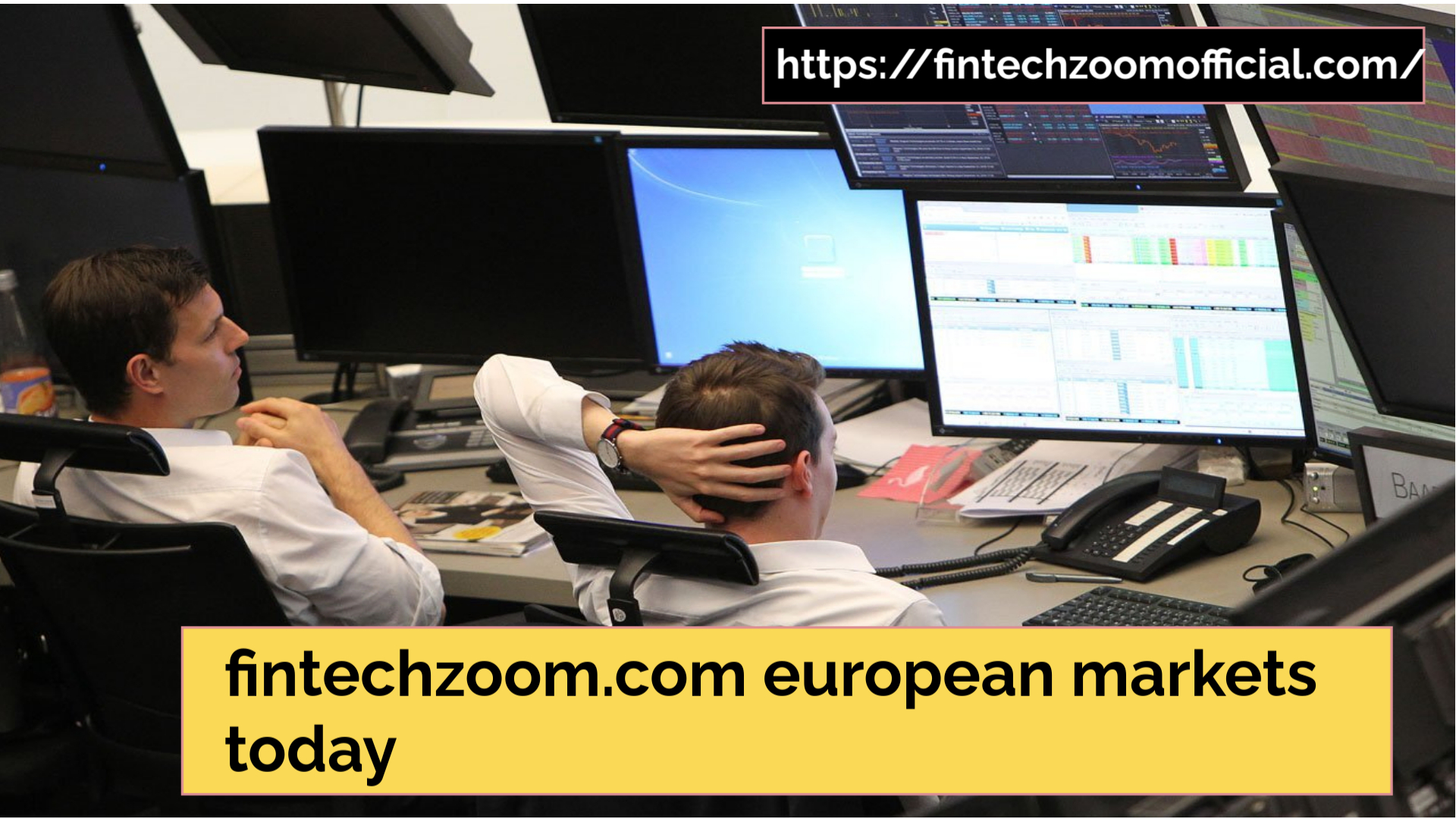
Table of Contents
Introduction
European markets are considered essential in the world economy, affecting both local firms and global markets. As financial services turn more to the digital realm and investors also broaden their scope to look for fintechzoom.com European markets today, there is a compelling reason to monitor these investments all the time. This blog examines how market and technology changes brought about by advancing fintech are changing European markets, and why these changes matter to investors who hunt for possible upside and control the downside.
Table of Contents
- Table of Contents
- Introduction
- Key Points
- Nailing Down the fintechzoom.com European markets today
- What should investors consider when investing in fintechzoom.com European markets today?
- Current Trends in the Southern Region of Europe
- Challenges Facing the Southern Region of the European Market
- Investment Opportunity in Fintech
- Regulatory Landscape
- Case Studies: Successful Fintech in FintechZoom.com European Markets Today
- Evolution in FintechZoom.com European Markets Today
- FAQs
- What time is the European market today?
- How to trade in the European stock market?
- What time do markets close in Europe?
- How to invest in FintechZoom.com European Markets Today from India?
- How does Brexit affect the European financial market?
- What do you think investors need to take into account when it comes to putting money into European fintechs?
- What are the prospects for growth in European fintech?
- Conclusion
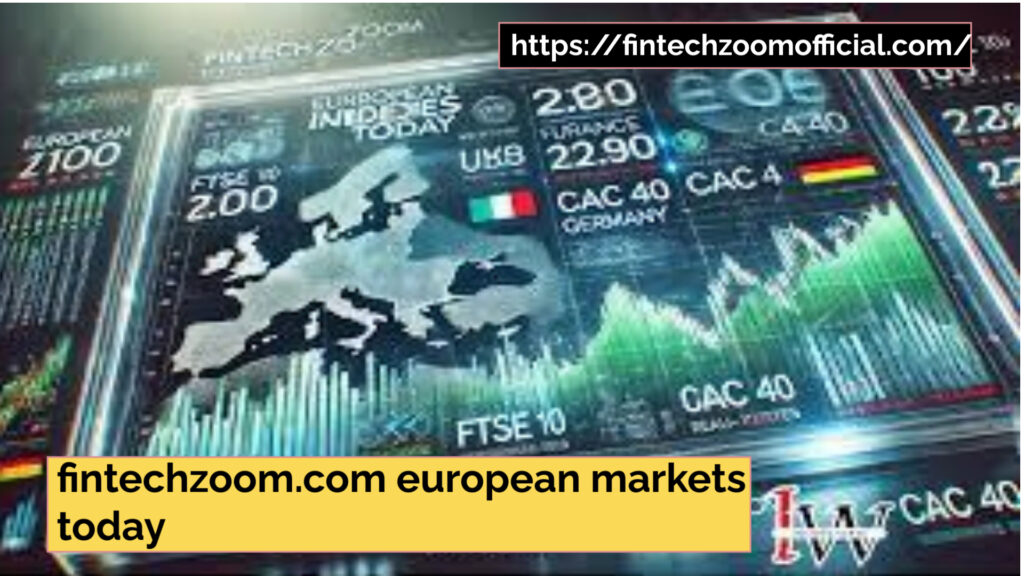
European markets have been an instrumental participation in global economic activities and Concepts of London Stock Exchange, German Stock exchange, Euronext are some of the active market players.
The markets are evolving on the trends of advancements in fintech industry whereby new products and trading strategies and investment applications are coming up enhancing investors’ participation.
There have been factors like rise of blockchain technology to effect new changes and emergence of digital currencies. But for the aspects of growth of economic recovery, it remains to be very difficult for most of the sectors in the corners of Europe.
Key Points
Current trends on the state of European markets and their corresponding fintech development.
The impact of the fintech ecosystem and related technologies on the financial system and on stock markets.
Such developments include mobile money and international payment systems.
Nailing Down the fintechzoom.com European markets today
fintechzoom.com European markets today emphasize the combined financial dealings and economic relations in Europe and inclusive of, stock markets, trading systems, and economic activities in the fields of finance, technology, and manufacturing.
The European markets cover areas of major concern which include but is not limited to western Europe, scandinavian countries and part regions of eastern Europe.
As has been observed over the years, stained with major historical developments, the daring spirit of the European markets has been idle, from the birth of eurozone to the slow adoption of digital finance.
Within a decade’s time, European markets became more and more dependent upon the introduction of new doors of financial technology, which expanded the understanding of finances and enhanced the penetration of digital financial services for individuals.
What should investors consider when investing in fintechzoom.com European markets today?
In a bid to be considered the best in the game, making awesome solutions such as making payment in subway stations and even scheduling making use of your mobile device to sign in to an account without needing a physical card is a thing that has made some companies to focus on reducing the amount of token given to customers over mobile devices. From plastic cards to tablets and over the desk lending, mobile applications have gained disruptive and radical height of growth rates in Europe’s financial sector.
Drone assets provide essential developments along with Wealth management 2.0 services, which focus on decentralized portfolio management and enable the active redistribution of the client’s investments among structural components.
Within western Europe and other developed economies, supporting offerings in these modem technologies of financial developments is crowning the core functions of many developing banks.
Fintech companies have also created an overall economic effect through appropriate instruments and systems lowering the market risks.
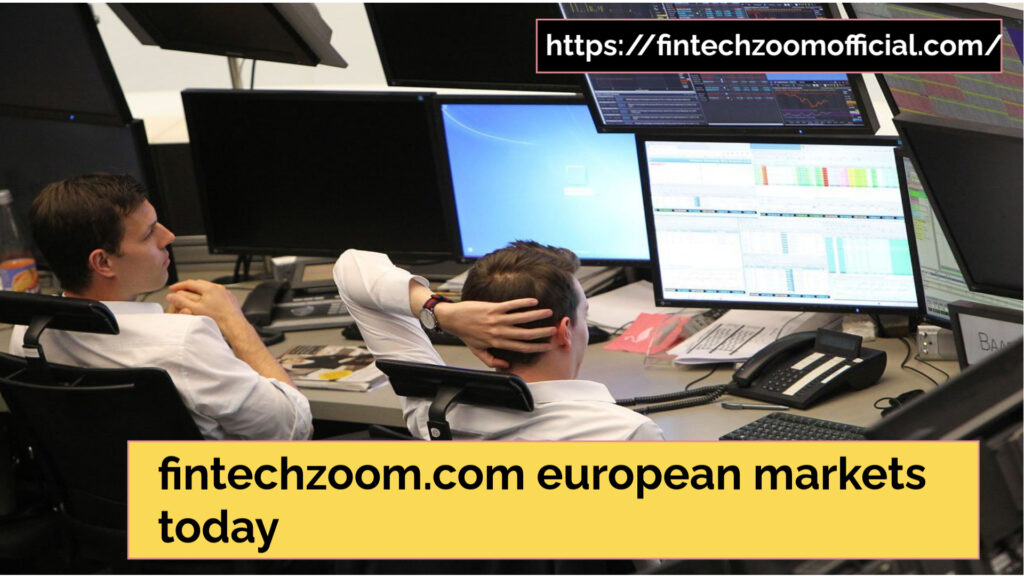
Current Trends in the Southern Region of Europe
The European market is quite volatile when it comes to the fintech industry considering there are several developments at the moment that affect the particular market.
Digital currencies: The introduction of a digital currency such as the euro based one presently being contemplated is indicative of how payments will be done in the future. These currencies are even fortified through the technologies added to them.
Blockchain technology: The impact of blockchain technology in fintech is especially prominent as it helps improve different facets of trading such as speed, transparency, and reliability.
There has been an increase in consumer need for mobile banking and investment applications which has forced the companies to create creative and easy to operate applications.
Challenges Facing the Southern Region of the European Market
There is however room for growth as the FintechZoom.com European Markets Today are still prone to some obstacles.
Brexit: confidence in the market has been affected by the latest developments on the issues of the United Kingdom’s decision to exit the European Union with regard to investment and trade relations.
For instance competition from some of the non-European engaged in the fintech industry especially American and Asian companies is compelling European companies to be competitive and inventive.
Regulatory landscape: Operating in different European countries can be problematic for fintech firms as there are different norms and regulations that can hinder cross-border efforts.
Investment Opportunity in Fintech
Fintech companies in Europe, especially the start-ups, are attracting many investors due to their potential to revolutionize the way financial services operate.
Emerging startups: There are notable accepted Europe based Upstart N26 and Revolut, as well as TransferWise that are making breakthroughs in payment solutions and digital finance.
Young firms in Europe have the potential to pursue opportunities in mobile banking, robo-advisors and other digital finance services.
Look further for potential investments in companies working on p2p services and blockchain technology as this is where the growth is heading toward in terms of comparatively cheap but innovative solutions being used in the field.
Regulatory Landscape
The regulations play an important role in defining the structure of the fintech companies that are situated in Europe. These regulations, apart from ensuring observance, also impact growth and operations of the market.
Distributed Ledger Technology, financial censoring through regulations such as MiFID II and GDPR has greatly altered the operations of fintech institutions especially the data governance and the provision of finance.
Regulatory predictions look towards a future where there will be higher focus Regulation of payments and coins will be a key area in most businesses that may alter or affect the investment strategy of a company and or its trading platform.
Case Studies: Successful Fintech in FintechZoom.com European Markets Today
Investors are keen on many, if not all, of these Fintech businesses that have been established all over Europe and have come up successfully.
N26: This is a mobile banking application that changed the way peoples manage their assets in the European thanks to the intoduction of digital banking services most incusive.
Revolut: The company has gained a significant market share owing to affordable cross-border payments provided by Reolut and enhancing financial technologies.
These companies are the reflection of the competitive environment in Europe’s Fintech where a lot of startups refuse to play by the rules of the brick and mortar banks.
Evolution in FintechZoom.com European Markets Today
As time progresses, we can say for certain that changes in the present day, as well as in the future, will impact the fintechzoom.com European markets today and the relevant arenas of fintech, with several promising technologies likely to drive future growth.
Robo advisors, AI based trading platforms and decentralised finance (de-fi) are some of the emerging technologies, which are expected to overhaul the market research and investment patterns.
In a decade, it is expected that such an increased market shift includes consumers’ demand in the form of simplified solutions in the digital finance sphere and more blockchain technology penetration in the industry.
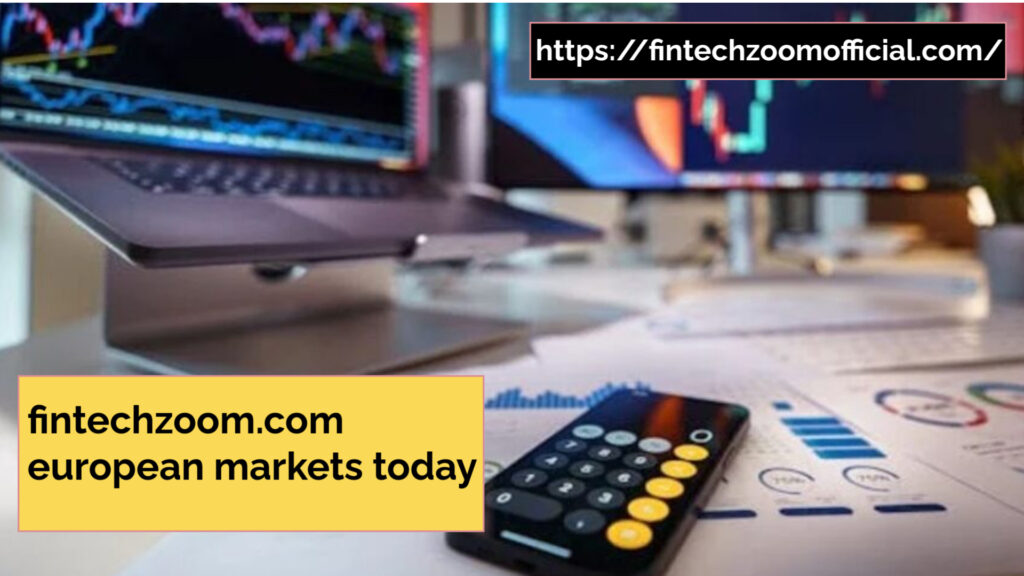
FAQs
What time is the European market today?
The main European stock markets, such as the London Stock Exchange (LSE), Frankfurt Stock Exchange (Xetra), and Euronext, generally operate from 9:00 AM to 5:30 PM (local time). However, trading hours may vary slightly between different exchanges. Be sure to check specific market hours for the exchange you’re interested in
How to trade in the European stock market?
To trade in the FintechZoom.com European Markets Today, follow these steps:
Choose a Brokerage: Select a brokerage that provides access to European markets. Ensure they offer the necessary tools, resources, and support for trading.
Open an Account: Complete the application process, providing necessary documentation and funding your account.
Research Stocks: Analyze the companies you are interested in. Look into financial reports, market conditions, and industry trends.
Place Orders: Use the brokerage’s trading platform to place orders for stocks or other financial instruments. Orders can be market orders, limit orders, or stop orders, depending on your strategy.
Monitor Your Investments: Keep track of your investments and the market’s performance. Make adjustments as necessary based on your investment strategy.
What time do markets close in Europe?
European stock markets typically close at 5:30 PM local time. However, closing times can differ based on the specific exchange and local regulations, so it’s important to verify with the relevant exchange.
How to invest in FintechZoom.com European Markets Today from India?
To invest in European markets from India:
Research Regulations: Familiarize yourself with foreign investment regulations in India, particularly those concerning overseas investments.
Choose a Global Brokerage: Select a brokerage that offers international trading, specifically for European stocks.
Open an International Trading Account: Complete the necessary documentation and comply with KYC norms to open an account with the brokerage.
Fund Your Account: Transfer funds from your Indian bank account to your brokerage account, considering any currency conversion costs.
Invest: Research and select European stocks, mutual funds, or ETFs to invest in, then place your orders through the brokerage’s trading platform.
How does Brexit affect the European financial market?
Brexit has significantly impacted the European financial market:
Market Confidence: Uncertainties surrounding trade agreements and regulatory changes have led to fluctuating confidence in the market, affecting investment flows.
Regulatory Divergence: Post-Brexit, the UK is no longer bound by EU regulations, creating a potential divergence in regulatory standards, which can complicate cross-border transactions.
Investment Fluidity: Companies may find it challenging to navigate the new regulations, impacting their investment strategies and operations.
What do you think investors need to take into account when it comes to putting money into European fintechs?
When investing in European fintechs, consider:
Market Trends: Stay informed about current trends in fintech, including digital currencies, blockchain technology, and evolving consumer needs.
Regulatory Environment: Understand the regulatory landscape governing fintech companies, as regulations can significantly impact operations and growth.
Company Fundamentals: Analyze the financial health, business model, and competitive advantages of the fintech firms you are considering.
Technological Innovations: Pay attention to the companies’ innovation capabilities, as those offering unique solutions may be better positioned for growth.
What are the prospects for growth in European fintech?
The prospects for growth in European fintech are promising due to:
Increasing Demand: There is a rising demand for digital financial services, particularly among younger consumers who prefer mobile banking and online investments.
Regulatory Support: Initiatives promoting innovation and easing regulatory burdens for fintech companies contribute to growth.
Investment Opportunities: Many startups and established companies are exploring new technologies like blockchain, AI, and machine learning, which can lead to innovative financial solutions.
ALSO READ THIS BLOG:META STOCK FINTECHZOOM: LIVE UPDATE 2024 – KEY INSIGHTS AND OPTIMISTIC PREDICTIONS FOR INVESTORS
Conclusion
The very essence of today’s European markets should be grasped by investors, especially bearing in mind that financial technology is restructuring the old fashion system. It is indeed clear that the advancement of cryptocurrencies, penetration of blockchain, and others’ progressions have their bright and dark sides. As such, those who are attentive to trends in the market, changes in the law, and movements in the competition are in a good position to take advantage of these new developments.



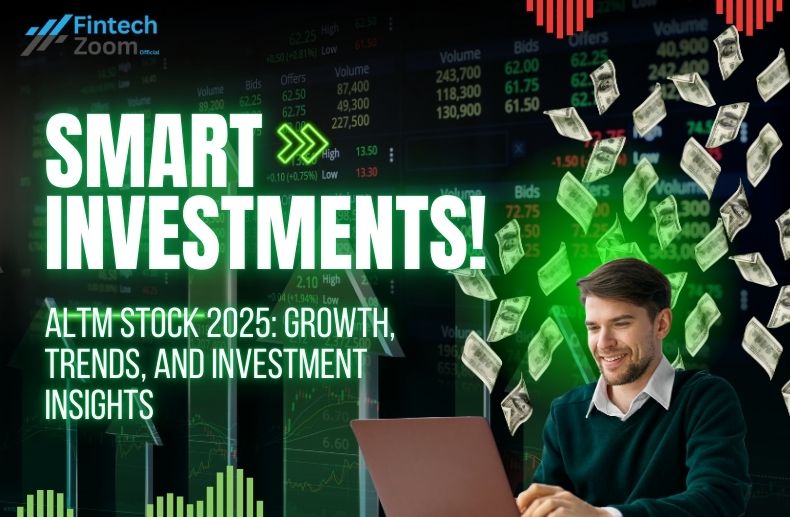







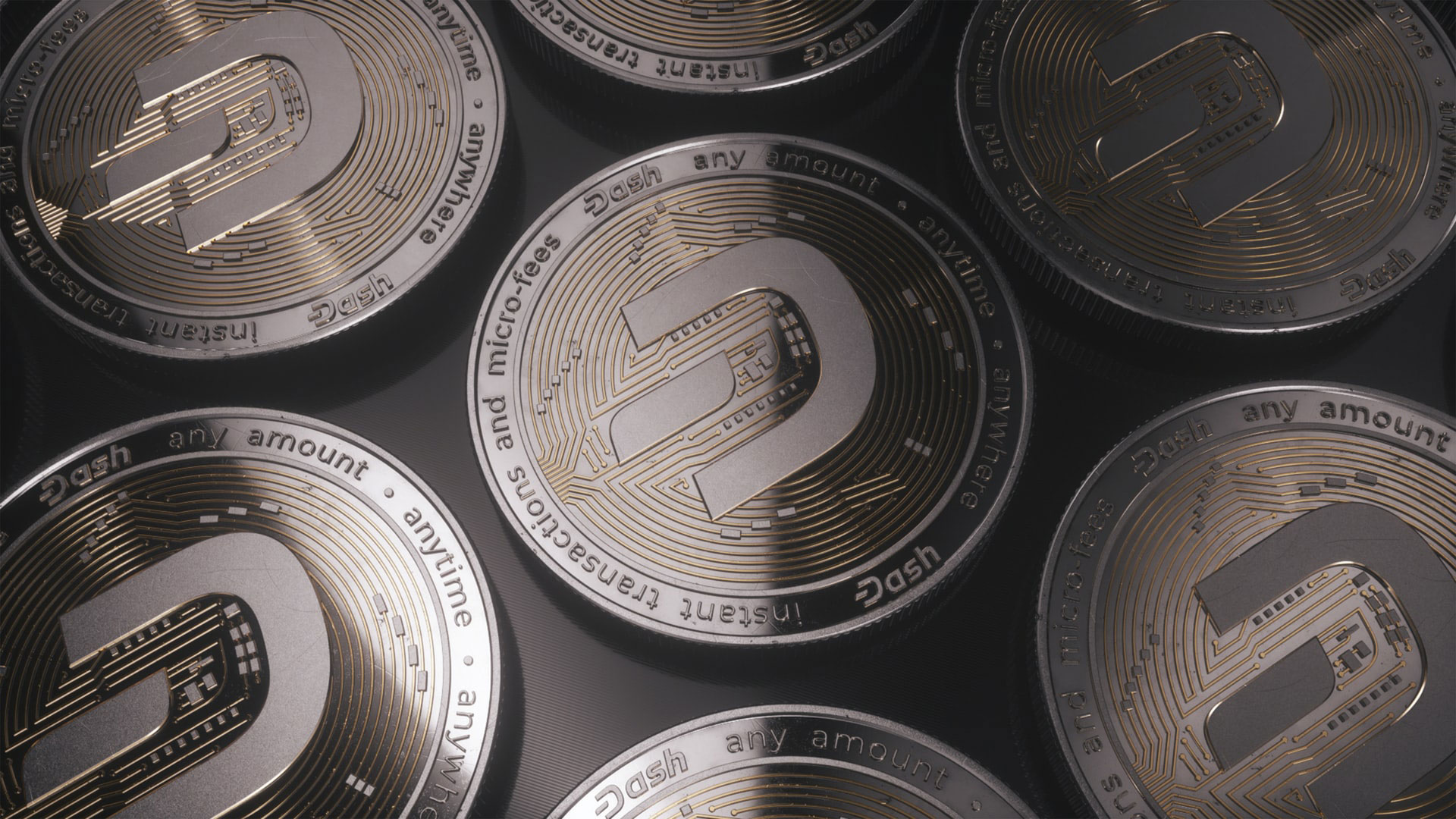
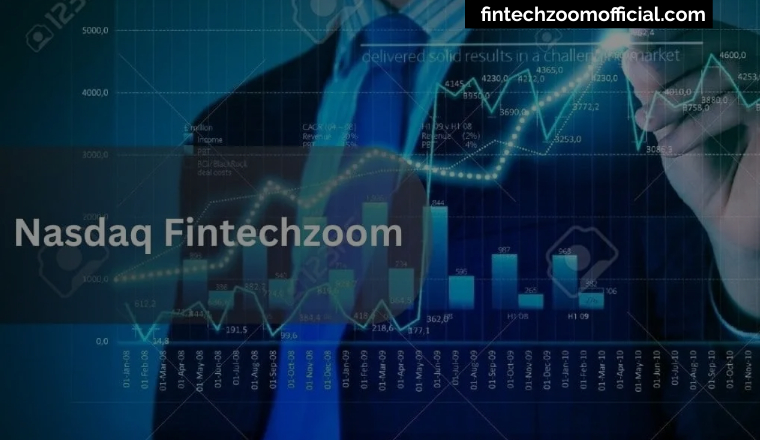

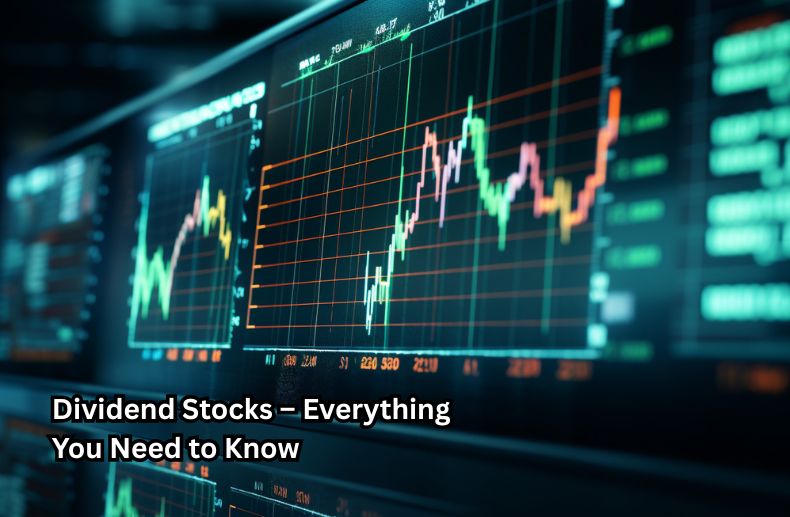
2 Comments